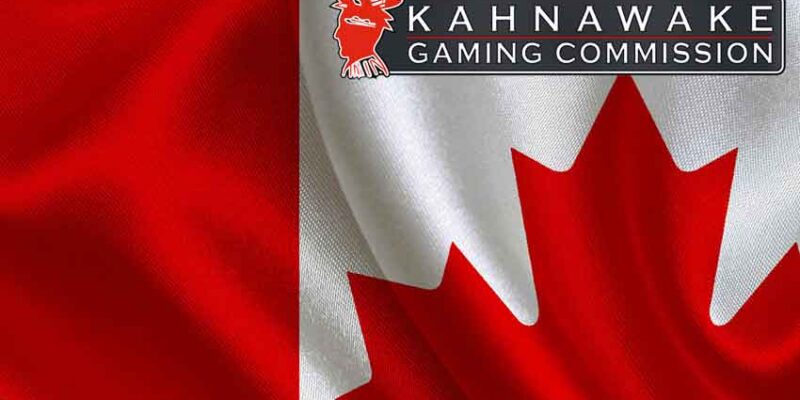In the ever-evolving landscape of the gambling industry, obtaining a valid kahnawake gambling license is a crucial step for operators looking to establish a reputable and legally compliant business. A gambling license serves as a regulatory approval from the relevant authorities, ensuring that operators adhere to strict standards and guidelines. This article will delve into the intricacies of obtaining a gambling license, exploring the importance of regulatory compliance, the types of licenses available, and the application process.
Understanding the Importance of a Gambling License:
A gambling license is essentially a legal document issued by a regulatory authority that grants permission for an individual or entity to conduct gambling activities within a specified jurisdiction. This regulatory oversight is designed to protect both the interests of the operator and the players, ensuring fair play, responsible gaming practices, and the prevention of criminal activities such as money laundering.
Types of Gambling Licenses:
- Online Gambling License:
- In the digital age, online gambling has become increasingly popular. Operators offering online casino games, sports betting, poker, and other virtual gambling activities must obtain an online gambling license to operate legally.
- Land-Based Gambling License:
- Traditional brick-and-mortar casinos, sportsbooks, and other land-based gambling establishments also require specific licenses. These licenses may vary based on the type of gambling activities offered and the location of the establishment.
- Lottery License:
- Lotteries are a common form of gambling, often used for fundraising purposes. Obtaining a lottery license is essential for organizations looking to conduct legal lottery events.
- Betting License:
- Separate licenses may be required for sports betting operations. These licenses ensure that sportsbooks operate transparently, protecting the integrity of the sports and the interests of the bettors.
Application Process:
- Research and Choose a Jurisdiction:
- The first step in obtaining a gambling license is to research and choose a jurisdiction that aligns with the business model. Different jurisdictions have varying regulatory requirements and fees.
- Prepare Documentation:
- Operators must compile a comprehensive set of documents, including financial statements, background checks, business plans, and other relevant information.
- Submit Application:
- Once all documentation is prepare, the operator must submit the license application to the regulatory authority. The application is then thoroughly review, and additional information may be request.
- Background Checks and Due Diligence:
- Regulatory authorities conduct thorough background checks on the individuals and entities applying for a license. This process ensures that only reputable and trustworthy operators are grant licenses.
- Compliance with Regulatory Standards:
- Operators must demonstrate compliance with strict regulatory standards, including measures for player protection, anti-money laundering (AML), and responsible gaming.
Conclusion:
Obtaining a gambling license is a complex but necessary process for operators in the gambling industry. It not only ensures legal compliance but also builds trust among players and contributes to the overall integrity of the industry. As the regulatory landscape continues to evolve, staying informed and up-to-date on the latest requirements is essential for operators seeking to navigate the world of gambling licenses successfully.

